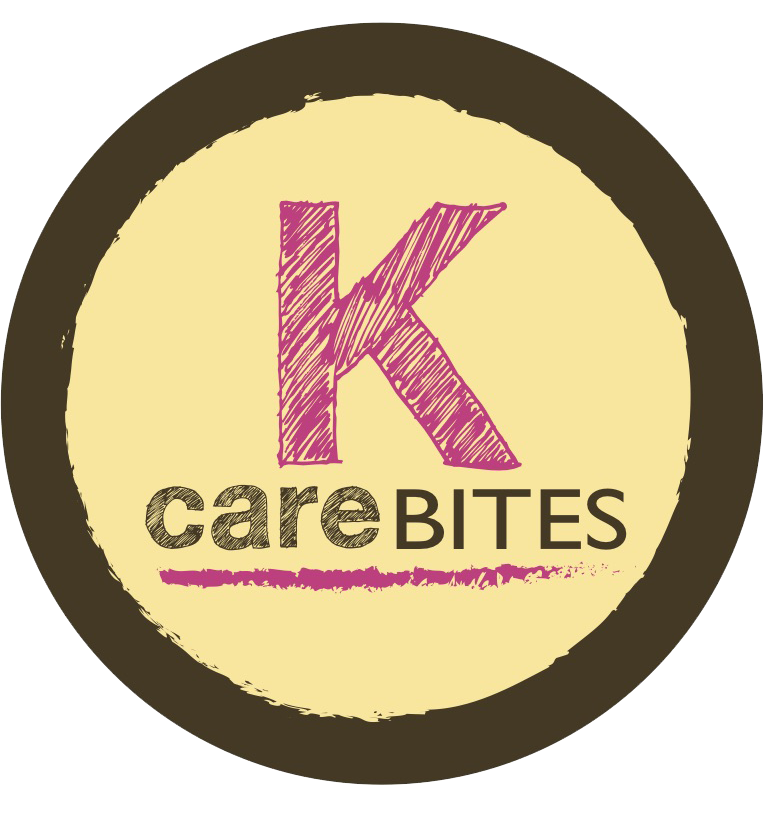Vegetarian & Vegan
Vegetarian Diet
Some studies suggest that a vegetarian diet may reduce your risk of heart disease, diabetes and certain cancers.
- Vegetarian diets vary considerably depending on the degree of dietary restrictions. A vegetarian diet consists primarily of cereals, fruits, vegetables, legumes, and nuts; fish, milk, dairy products, and eggs may or may not be included.
- Eat enough vegetarian sources of protein such as soy products including tofu, legumes, lentils, nuts, seeds, whole grains and milk products including yogurt and cheese.
- Eat enough fruits, vegetables, whole grains and calcium-rich foods, so you get all your nutrients.
- Don’t rely too heavily on processed foods, which can be high in calories, sugar, fat and sodium.
Vegan Diet
A vegan diet excludes all animal products. You may choose this diet for ethical, environmental or health reasons.
- All animal products, including eggs, milk, and milk products, are excluded from the diet. Some vegans do not use honey and may refrain from using animal products such as leather or wool. They may also avoid foods that are processed or not organically grown.
- Eat enough non-dairy calcium containing foods. These include dark green vegetables, such as turnip and collard greens, kale, and broccoli and nuts such as almonds. Calcium-enriched and fortified products, including juices, cereals, soy milk, soy yogurt and tofu, are other options.
- Patients on a vegan diet who completely exclude animal products may also have inadequate Vitamin B12 intake and may need to take vitamin B12 supplements.
If you have chosen a vegetarian or vegan diet please discuss this with our doctor so she can help you manage your diet.


